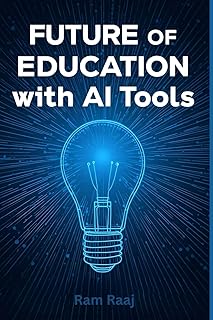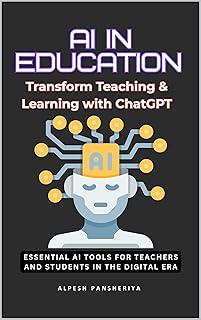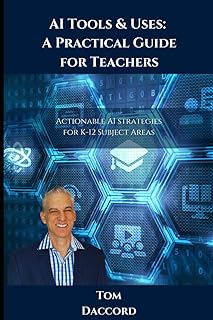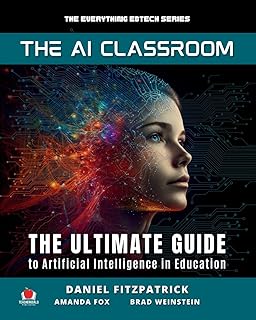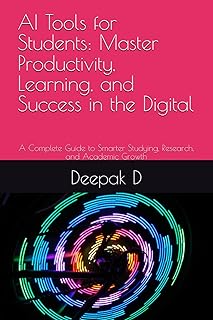In the realm of higher education, the rapid integration of generative artificial intelligence (AI) is reshaping academic landscapes. The burgeoning AI in education market, projected to grow substantially in the coming years, underscores universities’ increasing adoption of AI technologies to enhance e-learning platforms and support various applications like intelligent tutoring systems, chatbots, and automated assessment tools. Post-secondary students are also embracing AI tools like Chat GPT, Gemini, and Llama for academic tasks, reflecting a growing trend in student engagement with generative AI.
The incorporation of generative AI in university classrooms offers numerous advantages, such as personalized learning experiences, immediate feedback, and improved problem-solving skills. AI tools can also promote inclusivity by supporting students with learning disabilities and language barriers, preparing them for a technology-driven workforce. However, concerns loom over the potential pitfalls of AI misuse, including misinformation, diminished critical thinking, ethical dilemmas, and the absence of regulatory frameworks within academic settings.
While these challenges are not unique to a specific region, diverse global perspectives shed light on varied approaches to AI literacy, reflecting cultural, institutional, and pedagogical nuances. Different regions emphasize distinct dimensions of AI literacy, from technical understanding to ethical considerations and social engagement. These perspectives underscore the importance of contextualizing AI literacy within diverse socio-cultural contexts and disciplinary frameworks.
In response to these challenges, a pedagogical framework is proposed to foster critical engagement with generative AI in higher education. Drawing on theoretical foundations like Vygotsky’s sociocultural theory, Freire’s critical consciousness, and Mackey and Jacobson’s metaliteracies framework, the framework aims to address competency gaps in AI tool assessment, critical AI evaluation skills, and AI information literacy. By integrating discipline-specific AI integration, scaffolded learning, student reflection, and metacognition, the framework seeks to empower students to engage with AI tools critically and ethically.
The framework is structured around three key phases: contextual preparation, guided engagement, and collective critical reflection. This circular model emphasizes iterative learning cycles, where insights gained from engagement and reflection inform future interactions, leading to a deeper understanding of both technical and critical dimensions of AI tools. The framework’s practical implementation in geography seminar courses demonstrates the effectiveness of an iterative approach to AI literacy development, emphasizing the necessity of discipline-specific integration and targeted activities to address competency gaps.
In conclusion, the effective integration of AI in higher education necessitates a multifaceted approach that is iterative, discipline-specific, grounded in established learning theories, focused on developing critical competencies, and supported by ongoing development for both students and educators. By fostering critical engagement with generative AI through a pedagogical lens, universities can equip students with the necessary skills to navigate the complexities of AI in academic and professional contexts.
📰 Related Articles
- Healthcare Leaders Embrace Generative AI for Enhanced Operations
- Enhancing Science Education Through Magical Techniques
- Enhancing Online Education with AI: Boosting Engagement and Inclusivity
- WIPO Webinar Explores AI Tools for Enhancing IP Training
- Vietnam Advances Digital Economy Through DNS Innovation and Collaboration


